Keywords: John Warhurst Is Professor Of Political Science At The Australian National University And A Canberra
-
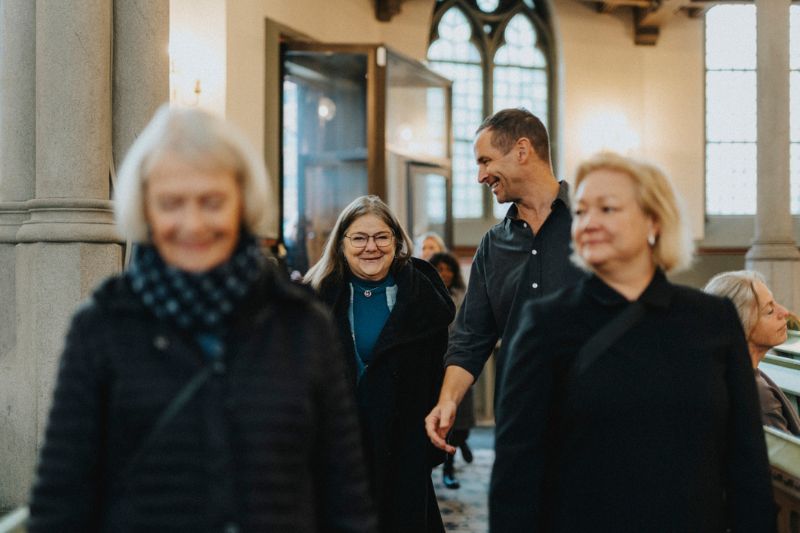
RELIGION
- John Warhurst
- 03 December 2024
2 Comments
The Synod of Bishops may mark a turning point for the Catholic Church, but the real work now begins — locally. From diocesan councils to parish communities, the challenge lies in translating synodality into action. In Australia, divergent episcopal views and a patchy history of reform raise critical questions about the Church’s future.
READ MORE
-
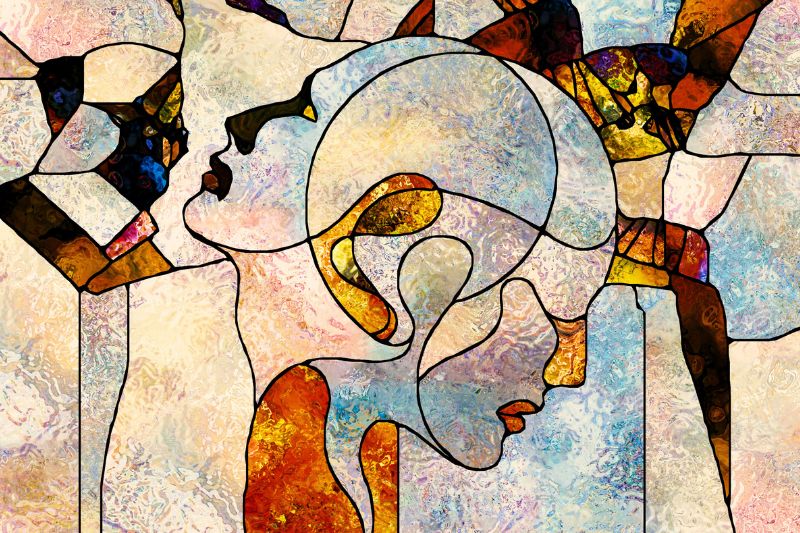
RELIGION
- John Warhurst
- 07 November 2024
14 Comments
The Catholic Church recently displayed two strikingly different faces. In Rome, the Synod on Synodality wrapped up with a facade of unity. But back in Melbourne, a Catholic University’s graduation became a battleground over church doctrine and free speech, exposing deep, unresolved fractures within the church.
READ MORE
-
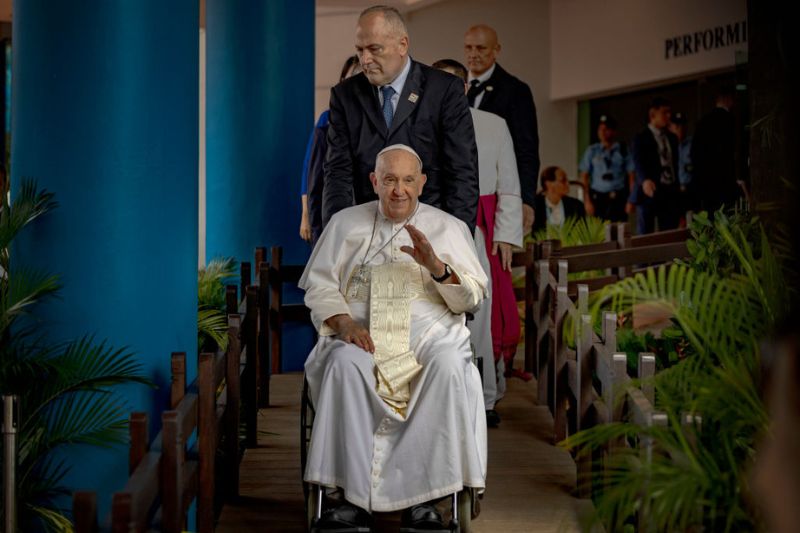
RELIGION
- John Warhurst
- 02 October 2024
4 Comments
During a recent interview on his Papal plane coming back from Singapore Francis made some pointed remarks in response to a veiled question from an American journalist about the US Presidential election contest between the Democrat Kamala Harris and the Republican Donald Trump. He chose to describe the choice as between the ‘lesser of two evils’ because Harris is pro-abortion rights and Trump is anti-immigration.
READ MORE
-
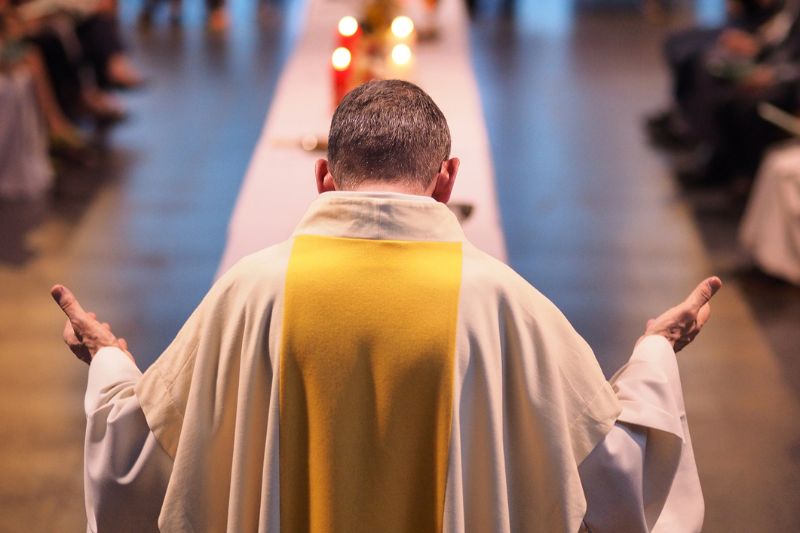
RELIGION
- John Warhurst
- 01 August 2024
14 Comments
In a troubling sign for Catholic reform in Australia, the National Council of Priests faces a dire membership crisis. Founded in 1970 to embody Vatican II's spirit, the organization now struggles to attract younger clergy. This decline mirrors broader challenges in the Church and may imperil efforts toward synodality and renewal.
READ MORE
-
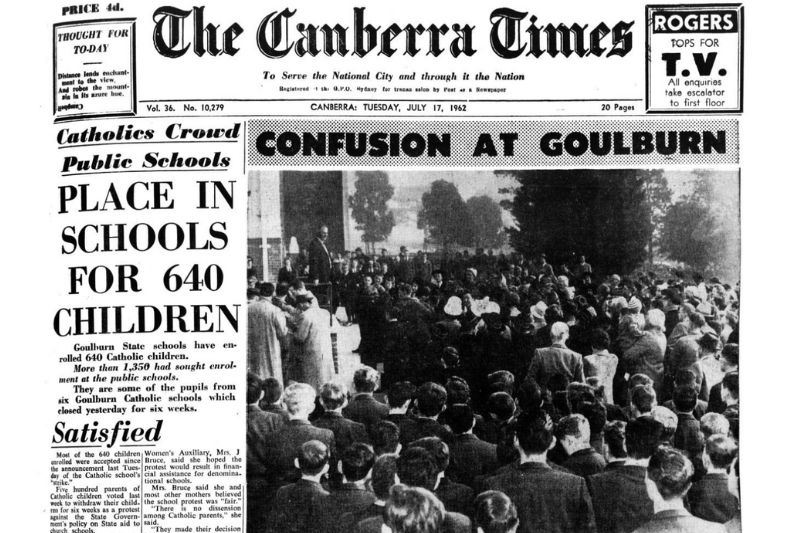
RELIGION
- John Warhurst
- 03 July 2024
8 Comments
In 1962, Goulburn was the centre of national attention when Catholic schools closed in protest over a lack of government funding and control. Students overwhelmed public schools. Could this happen again? An Australian archbishop suggests it as an option if religious freedom in Catholic schools is threatened.
READ MORE
-
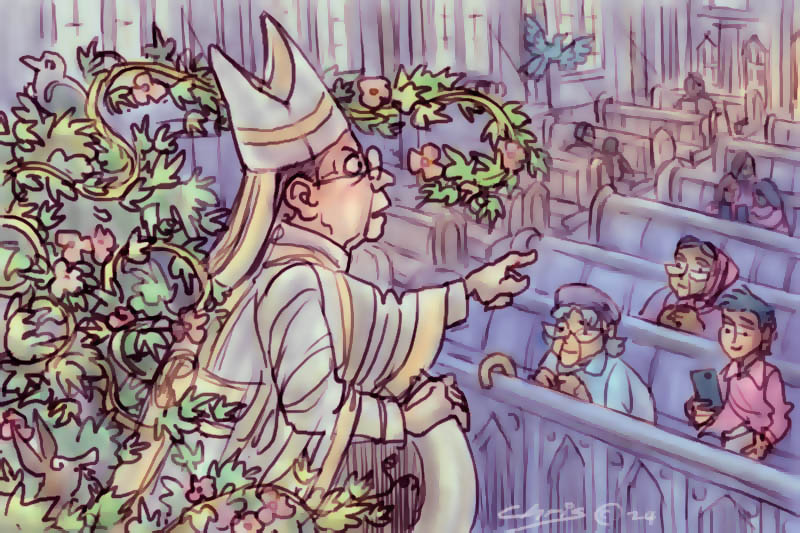
RELIGION
- John Warhurst
- 01 May 2024
33 Comments
The relationship between the Catholic church and the Greens has been one marked by near constant antagonism. Are there any consequences from this for either the church or the party?
READ MORE
-
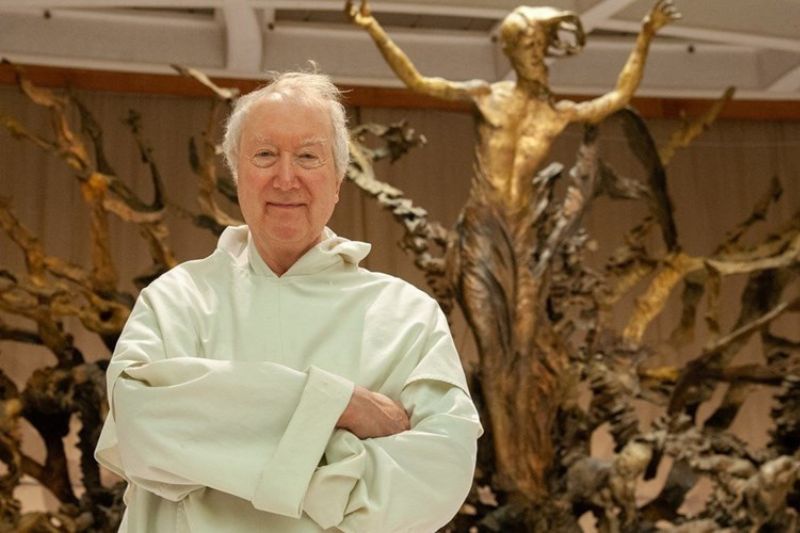
RELIGION
- John Warhurst
- 09 April 2024
12 Comments
Timothy Radcliffe has a hopeful vision for the Church, yet noting the slow pace of institutional change in his recent visit to Australia, he presented a sort of optimism that eschewed any hope for immediate outcomes. The basis for Radcliffe’s optimism seems to be his assumption that it is acceptable for the Church to take its time.
READ MORE
-
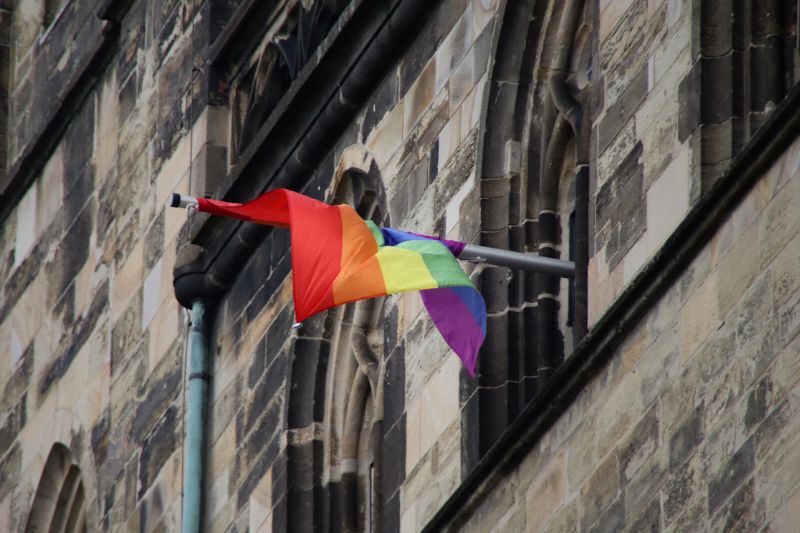
RELIGION
- John Warhurst
- 13 March 2024
7 Comments
The Vatican's decision to let priests bless couples in 'irregular relationships' has sparked diverse reactions within the Australian Church, revealing the complex interplay of faith and cultural diversity within Australia’s Church communities.
READ MORE
-
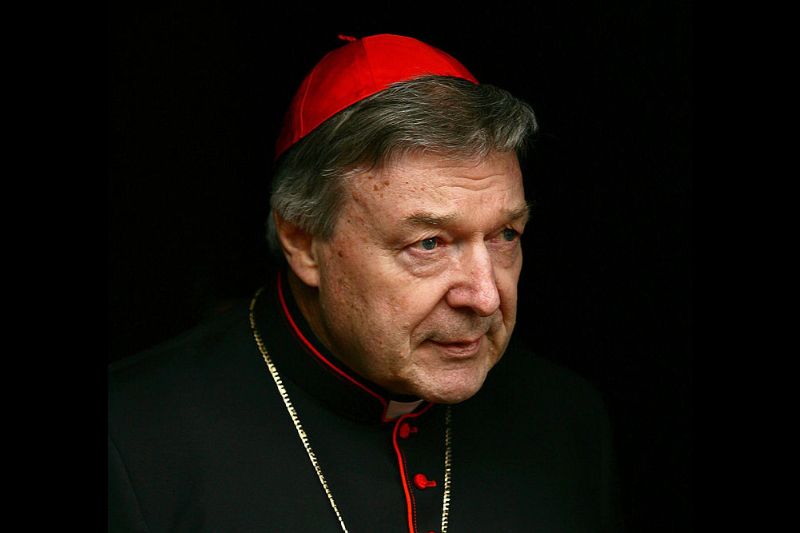
RELIGION
- John Warhurst
- 04 January 2024
Last year, the late Cardinal George Pell anonymously published a memorandum that criticized Pope Francis and his vision of a synodal church and condemned the Synod as a ‘catastrophe’, Cardinal Pell's memo signals building tensions between different visions for the future of the Church in Australia.
READ MORE
-
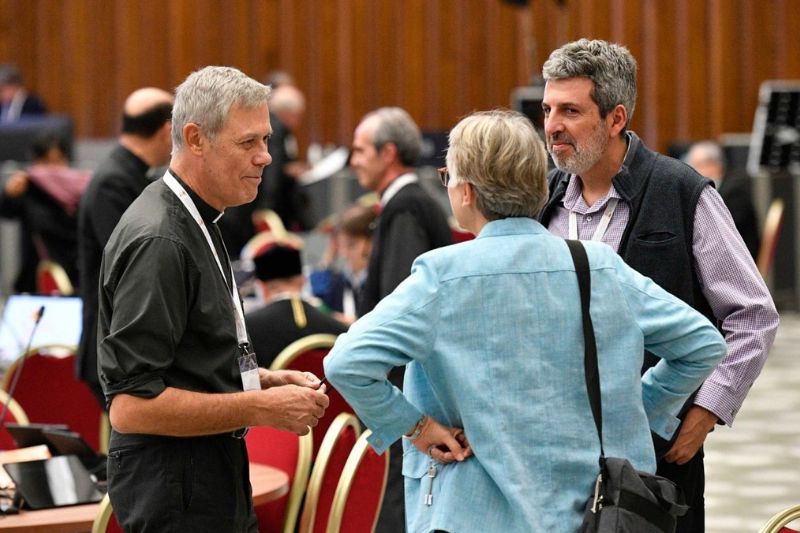
RELIGION
- John Warhurst
- 06 December 2023
4 Comments
In the aftermath of the Synod on Synodality, the Catholic community is marked by a sense of uncertainty, reflected in reactions that span from hope to criticism. As the Second Assembly nears, the critical need for more transparent and effective communication from Church leaders becomes increasingly evident.
READ MORE
-
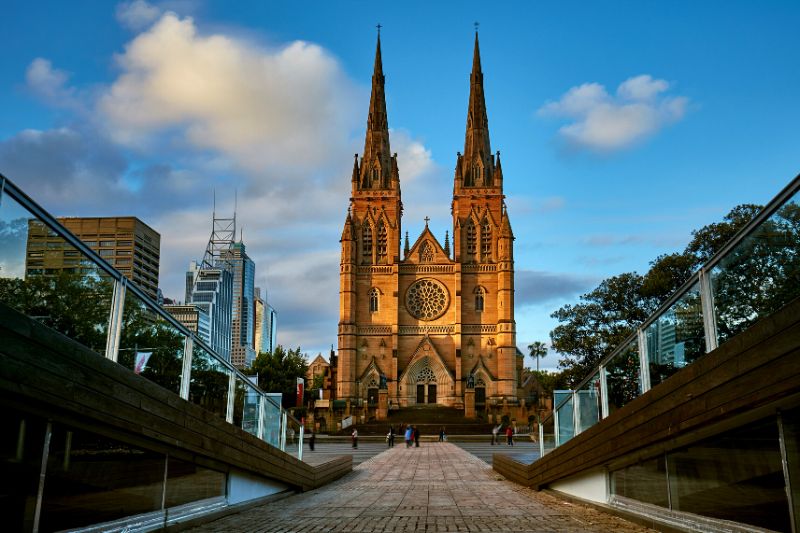
RELIGION
- John Warhurst
- 14 November 2023
11 Comments
Religion and politics are frequent bedfellows. Despite many clerics and bishops holding strong political views, and many lay Catholics being active within political parties, the successful embrace of synodality depends upon finding middle ground, and leaders who respect a diversity of views.
READ MORE
-
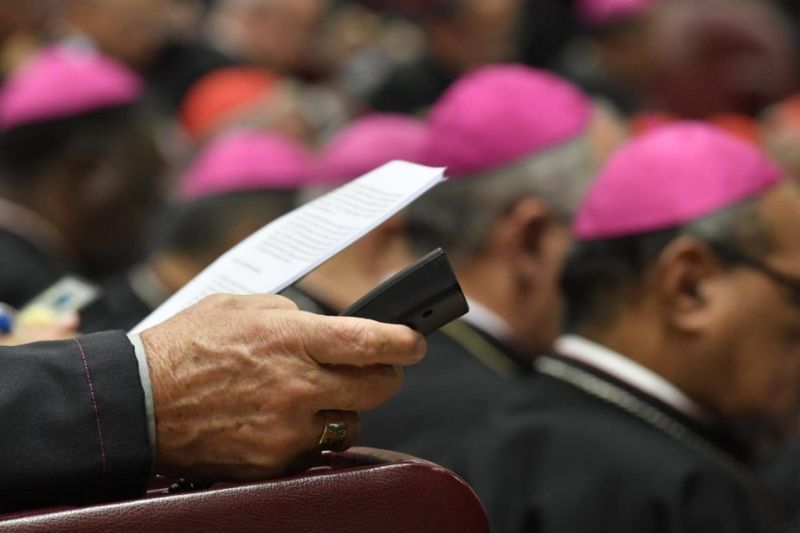
RELIGION
- John Warhurst
- 18 October 2023
9 Comments
This month we navigate the dual milestones of a failed constitutional referendum and the First Assembly of the Synod of Bishops. Seemingly disparate, these events converge in debates over tradition, leadership, and discourse. Their outcomes promise to shape the nation's spiritual and secular contours for generations.
READ MORE